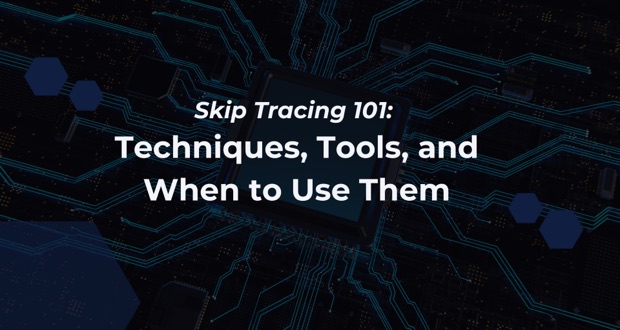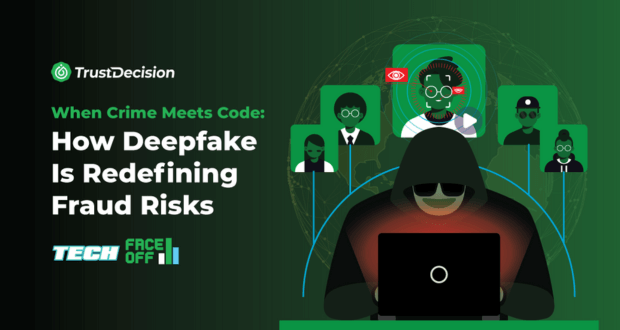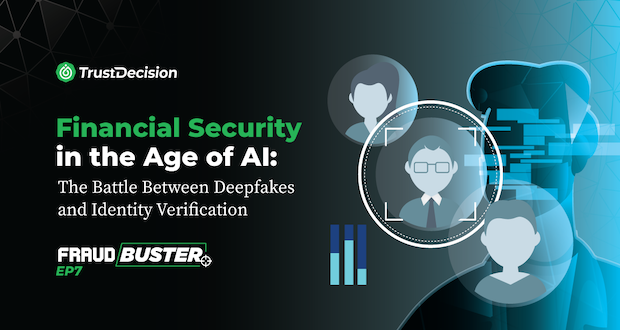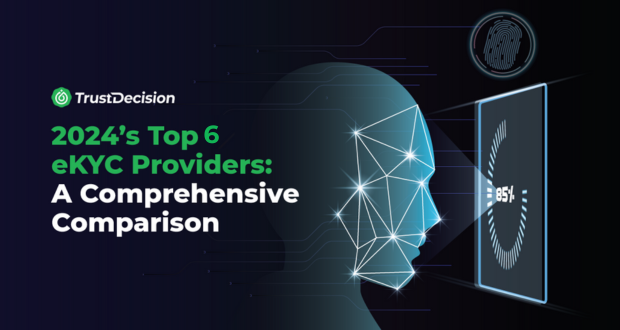Understanding Skip Tracing
What Is Skip Tracing?
Definition: Skip tracing refers to the systematic process of locating individuals who have intentionally gone off the grid. These individuals may owe debts, be missing persons, or have vital information that needs verification. Skip tracing involves piecing together clues, following leads, and leveraging technology to track down these elusive subjects.
Purpose: Businesses across various sectors use skip tracing for several purposes:
- Debt Recovery: When borrowers default on loans or credit card payments, skip tracing helps financial institutions locate them. Debt collectors rely on skip tracing techniques to recover outstanding amounts.
- Missing Persons: Law enforcement agencies, private investigators, and concerned family members use skip tracing to find missing individuals. Whether it’s a runaway teenager or an estranged family member, skip tracing can provide leads.
- Verification: Skip tracing verifies information such as addresses, phone numbers, and employment history. For instance, employers may use skip tracing to validate job applicants’ credentials.
Legal and Ethical Considerations
Operating within legal boundaries is crucial for skip tracing practitioners, who must adhere to ethical practices. Compliance with regulations like the Fair Debt Collection Practices Act (FDCPA) is essential, as it outlines rules for contacting debtors and ensures that skip tracing methods align with these regulations. Respecting privacy rights is also paramount; skip tracers must avoid invasive tactics and handle sensitive information responsibly. Awareness of data protection laws, such as the General Data Protection Regulation (GDPR) in the European Union, is necessary to ensure that the collection, storage, and sharing of personal data follow legal guidelines. Practitioners must strike a balance between their investigative needs and individuals' privacy rights, ensuring that skip tracing serves legitimate purposes without infringing on personal privacy.
Techniques for Effective Skip Tracing
Skip tracing combines traditional investigative methods with modern technological approaches to track down elusive individuals. Whether you’re a seasoned skip tracer or just starting out, understanding these techniques is crucial for successful outcomes. Let’s explore both the time-tested and cutting-edge methods:
Traditional Methods
Public Records
Traditional methods form the backbone of skip tracing, relying heavily on public records, interviews, and field visits. Public records, such as courthouse documents, property deeds, marriage licenses, and birth certificates, are invaluable resources. These documents provide a wealth of information about an individual's history, addresses, and legal matters. For example, property deeds can reveal ownership details that lead to current addresses, while court records may contain addresses, phone numbers, and other relevant data. Marriage and divorce records are also useful for tracing changes in marital status and addresses.
Interviews and Surveillance
Interviews and surveillance are another cornerstone of traditional skip tracing. Engaging with neighbors, family members, and colleagues can yield valuable insights. Neighbors might know about recent moves, family members often have information about an individual's whereabouts, and co-workers can provide workplace-related details. Surveillance, both physical and online, is also crucial. Physical surveillance involves discreetly observing locations where the subject is likely to appear, while online surveillance includes monitoring social media profiles and online activity for clues. Field visits further enhance the investigative process. Skip tracers physically visit locations associated with the subject, talk to neighbors, landlords, and local businesses, and make observations that can provide leads.
Modern Approaches
Digital Footprints
Modern approaches to skip tracing leverage digital footprints and data aggregation services to enhance efficiency and accuracy. Analyzing an individual's online presence, including social media profiles, blogs, and websites, can reveal digital breadcrumbs that lead to their location. Tracing email addresses and analyzing IP logs to determine recent online activity are also effective techniques. Data aggregation services play a significant role in modern skip tracing. Specialized databases compile information from various sources, consolidating data on addresses, phone numbers, and more. Purpose-built skip tracing software streamlines the process by automating searches and cross-referencing data, making it easier to track down elusive individuals.
Collaboration with Investigators
Collaboration with investigators can further enhance the effectiveness of skip tracing. Partnering with private investigators expands resources and expertise, providing access to specialized skills and tools. In certain cases, law enforcement agencies can also assist with skip tracing, particularly when the search involves missing persons or individuals involved in legal matters. By combining traditional methods with modern approaches and collaborative efforts, skip tracers can significantly improve their chances of locating elusive individuals and achieving successful outcomes.
Essential Tools for Skip Tracers
Skip tracing relies on a toolkit of specialized tools and techniques to locate elusive individuals. Let’s explore the essential tools that empower skip tracers in their quest:
Skip Tracing Software
Skip tracing software is an indispensable tool for skip tracers, providing a comprehensive platform for locating individuals who have moved, evaded legal obligations, or gone missing. This software aggregates vast amounts of data from various sources, including public records, social media, and financial institutions, allowing skip tracers to efficiently track down individuals. With powerful search algorithms and data analysis capabilities, skip tracing software enables users to quickly sift through extensive databases to uncover valuable leads and potential whereabouts of the subjects they are tracing. Additionally, these platforms often offer features such as automated report generation and real-time monitoring, streamlining the skip tracing process and maximizing the chances of successful outcomes.
Social Media Intelligence
Social media intelligence is another vital tool for skip tracers. Platforms like Facebook, LinkedIn, and Twitter can provide valuable leads through profiles, posts, and connections. Facebook profiles and posts often reveal personal information and connections, while LinkedIn profiles offer insights into employment history and professional affiliations. Public tweets and interactions on Twitter can also offer useful clues. Geotagging and check-ins on social media create a digital trail that skip tracers can analyze to pinpoint recent whereabouts. For instance, when users tag their location in social media posts or check in at specific locations, it provides clues about their movements. Monitoring social media also serves as a defense mechanism against fraudulent activities. If someone claims financial hardship but posts lavish vacation photos, it raises red flags and helps mitigate risk.
Phone Number and Address Verification
Phone number and address verification are essential components of skip tracing. Reverse phone lookup services allow skip tracers to trace phone numbers back to their owners, helping establish connections and verify information. Address verification services are equally important, as they confirm the accuracy of addresses by cross-checking data from various sources. These services ensure that the information skip tracers rely on is accurate and up-to-date. Beyond the mentioned databases, specialized skip tracing tools cater specifically to the needs of skip tracers, streamlining the process and making it more efficient. These tools integrate various functionalities, from database access to verification services, providing a comprehensive solution for locating elusive individuals.
When to Use Skip Tracing
Skip tracing serves various purposes across different contexts. Let’s explore when and how skip tracing techniques come into play:
Debt Collection
In debt collection, skip tracing is indispensable for recovering unpaid debts. When borrowers default on loans, credit card payments, or other financial obligations, skip tracers step in to locate them. By following leads, analyzing data, and leveraging specialized tools, skip tracers track down debtors and facilitate recovery. This involves piecing together information from various sources to pinpoint the debtor's current location. However, it's crucial that debt collection practices adhere to legal guidelines. Skip tracers must operate within the framework of laws such as the Fair Debt Collection Practices Act (FDCPA), which ensures that debtors' rights are respected while pursuing outstanding balances. Compliance with these regulations is essential to maintain ethical standards and avoid legal repercussions.
Legal Proceedings
Skip tracing also plays a significant role in legal proceedings, particularly in locating witnesses and serving legal documents. In legal cases, whether criminal trials, civil lawsuits, or other legal proceedings, finding witnesses is essential. Witnesses can provide crucial testimony that may influence the outcome of a case. Skip tracers use their expertise to track down these individuals, ensuring they can be contacted and brought to court if necessary. Additionally, skip tracers collaborate with process servers to deliver legal documents such as subpoenas, summonses, or court orders to specific individuals. Identifying the recipients' current addresses is a critical step in ensuring successful service, and skip tracers' skills are invaluable in this regard.
TrustDecision’s Identity Verification
In the realm of skip tracing, the accuracy and reliability of identity verification are paramount. TrustDecision offers a cutting-edge Multi-Platform Insights solution designed to meet these critical needs, ensuring businesses can effectively mitigate risk and prevent fraudulent activities. Let’s delve into how TrustDecision’s Identity Verification can enhance your skip tracing efforts:
Phone number detection
Uncover associated phone numbers linked to the target individual. This can include landlines, mobile phones, and even VoIP numbers. You can identify potential aliases and hidden connections by cross-referencing phone numbers with public databases and internal watchlists.
Email detection
Similar to phone numbers, TrustDecision can unearth email addresses connected to the target. This expands your search radius and allows you to attempt contact through additional channels. By analyzing email headers and content, you can gain valuable insights into the individual's online activity and potentially their current location.
Social media analysis
Social media platforms are a treasure trove of public information. TrustDecision's solution can scan social media platforms (while adhering to privacy regulations) to find profiles matching the target individual or aliases. This can reveal valuable details like current location (based on profile information or geotagged posts), professional affiliations, and even associates who might have contact information.
By combining these elements, TrustDecision's Identity Verification paints a more comprehensive picture of the target individual. This enriched data empowers skip tracers to:
- Narrow down search areas: With a wider range of potential leads (phone numbers, emails, social media profiles), you can focus your efforts on the most promising avenues, saving valuable time and resources.
- Identify potential aliases: Uncovering hidden phone numbers, email addresses, and social media profiles can expose aliases used by the target. This can be crucial for breaking through roadblocks and locating individuals who might be trying to remain hidden.
- Increase lead quality: By verifying the accuracy of phone numbers, emails, and social media profiles, you can ensure you're contacting the right person and avoid dead ends.
TrustDecision's Multi-Platform Insights equips skip tracers with the tools they need to navigate the complexities of finding individuals, increasing success rates, and streamlining the skip tracing process.
Incorporating TrustDecision’s Identity Verification into your skip tracing strategy can provide significant advantages. The combination of real-time verification, advanced analytics, and seamless integration ensures that your business is well-equipped to authenticate identities, mitigate risk, and prevent fraudulent activities. By leveraging these advanced features, you can enhance the accuracy and efficiency of your skip tracing efforts, ultimately leading to more informed and effective business decisions.














